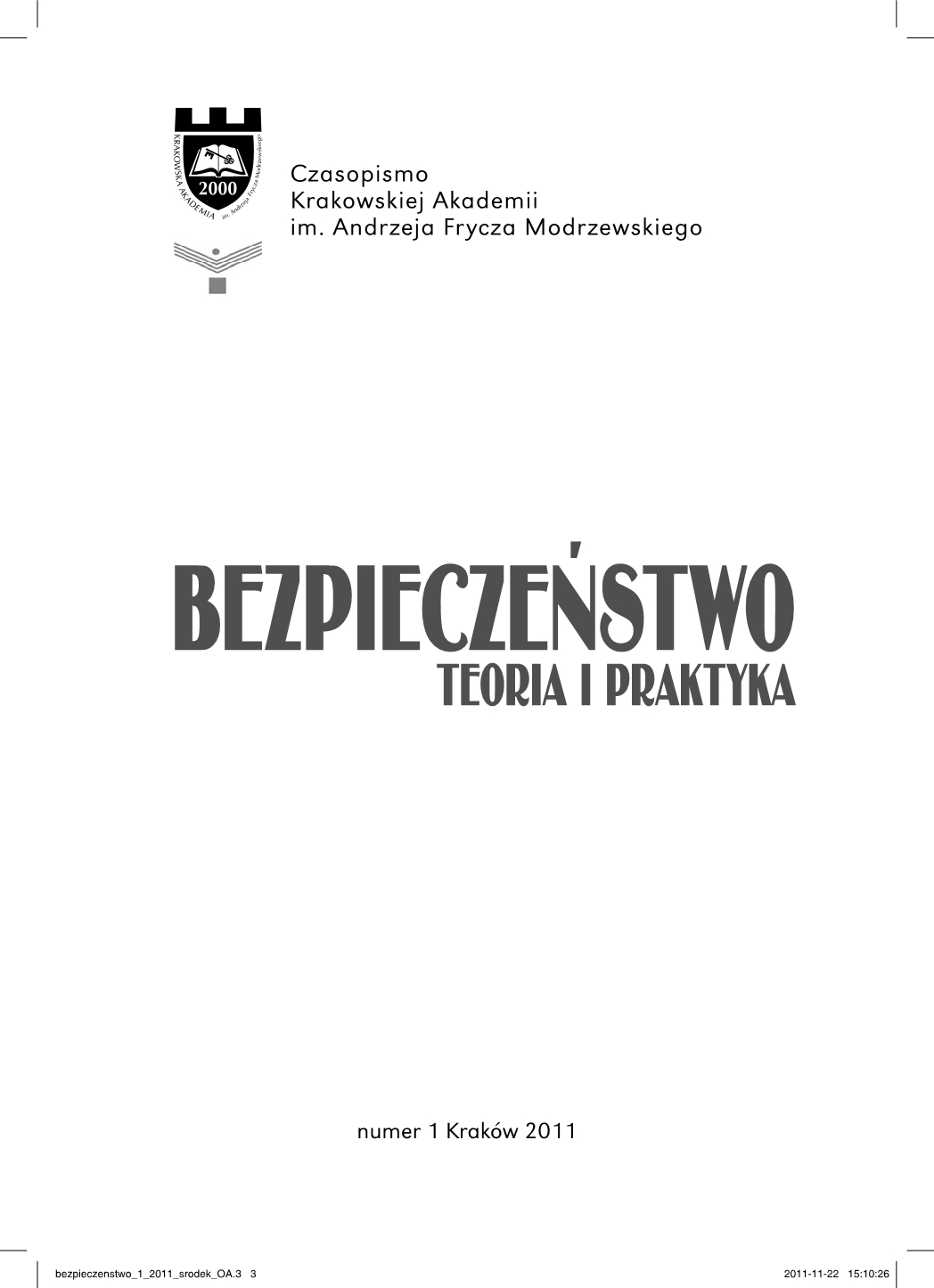Relacje cywilno-wojskowe w służbie polskich kontyngentów podczas operacji pokojowych
The evolution of military activities in the civilian environment
Author(s): Grzegorz CiechanowskiSubject(s): Civil Society, Military policy, Peace and Conflict Studies
Published by: Oficyna Wydawnicza AFM Uniwersytetu Andrzeja Frycza Modrzewskiego w Krakowie
Keywords: military activities; civilian environment
Summary/Abstract: The article outlines the experiences of civilian-military cooperation gained by Polish soldiers in peace keeping operations. During the Cold War period they were rather infrequent and did not constitute the main stream of conducted activities. A very peculiar case was the activities of Polish Air Squadron for Relief Operations in Ethiopia in the 1980s. It was the first, and as it later turned out, one of rather few humanitarian operations conducted by the Polish Army abroad. It was not until the next decade that the Polish Army began to take advantage of doctrines used by the member states of NATO, including those gathered by American units of Civil Affairs (USCA). They were the basis for working out views and procedures in the armies of NATO member states carried out by CIMIC units – responsible for developing civilian-military cooperation. Poles had the opportunity to take part in this type of operation in IFOR Nordic-Polish Brigade, later in SFOR in Bosnia and KFOR in Kosovo. On a significantly larger scale Polish forces fulfilled their CIMIC tasks during the operation “Iraqi Freedom”, and later in ISAF forces in Afghanistan. It turned out soon that the importance of cooperation with the civilian side is growing, alongside CIMIC other specialized structures joined in, among others PSYOPS (conducting psychological operations), INFO OPS (information operations) and cooperation with the media.
Journal: Bezpieczeństwo. Teoria i Praktyka
- Issue Year: II/2011
- Issue No: 1
- Page Range: 7-23
- Page Count: 17
- Language: Polish

